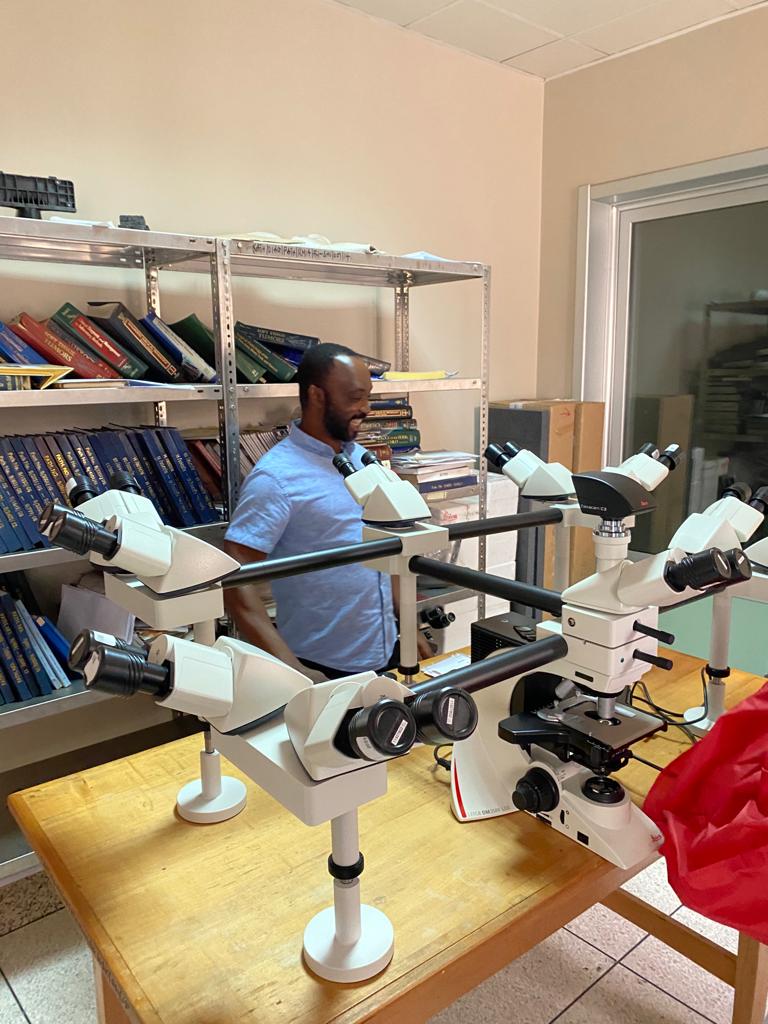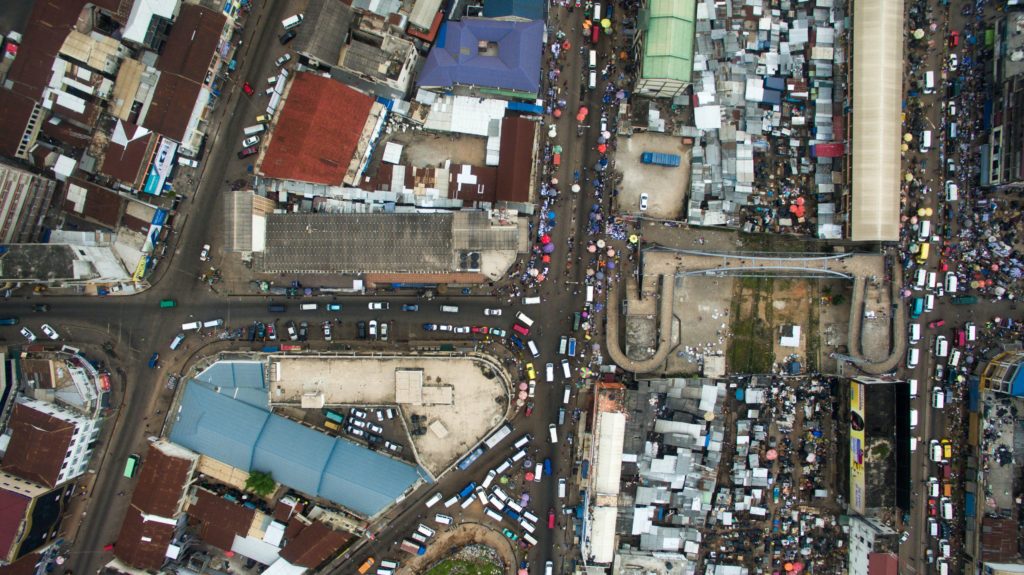
Strengthening of Cancer Registry
Extending and streamlining Kumasi’s cancer registry

Kumasi’s needs assessment identified a lack of co-ordination between different pathology laboratories, which often operated as stand-alone entities with different systems and processes, leading to inefficient use of already limited patient and facility resources.
This deficiency informed the creation of Kumasi Laboratory Development Plan, which emphasised the need to bring the city’s 10 private and public laboratories together, both to improve the overall ecosystem and bring Kumasi into line with International Collaboration on Cancer Reporting procedures.
To improve the distribution of both workflow and workload, and, crucially, to standardise and operationalise Kumasi’s laboratory information management system (LIMS), creating a network of histopathology laboratories with the ultimate aim of increasing the quality of pathology diagnosis and reducing turnaround time.
As part of the City Engagement Process, City Cancer Challenge (C/Can) has helped local stakeholders in Kumasi develop and manage a city-wide laboratory project focused on developing infrastructure, building capacity and raising the quality of pathology diagnosis.
This has been achieved by creating a technical committee laboratory representatives to lead the project, supported by a consultancy and IT company to develop and implement an LIMS and laboratory network for Kumasi.
At the same time, an advisory taskforce with external partners has been established to advise on project execution and long-term strategy, along with governance and coordination teams. Meetings and workshops have been held to align membership criteria for the network.


The network, when established, will provide timely services to all cancer patients in the city of Kumasi. The number of unnecessary tests and requests will be significantly reduced, and resources will be used more efficiently.
This website uses its own and third-party cookies to improve the browsing experience. Read the Cookies Policy.